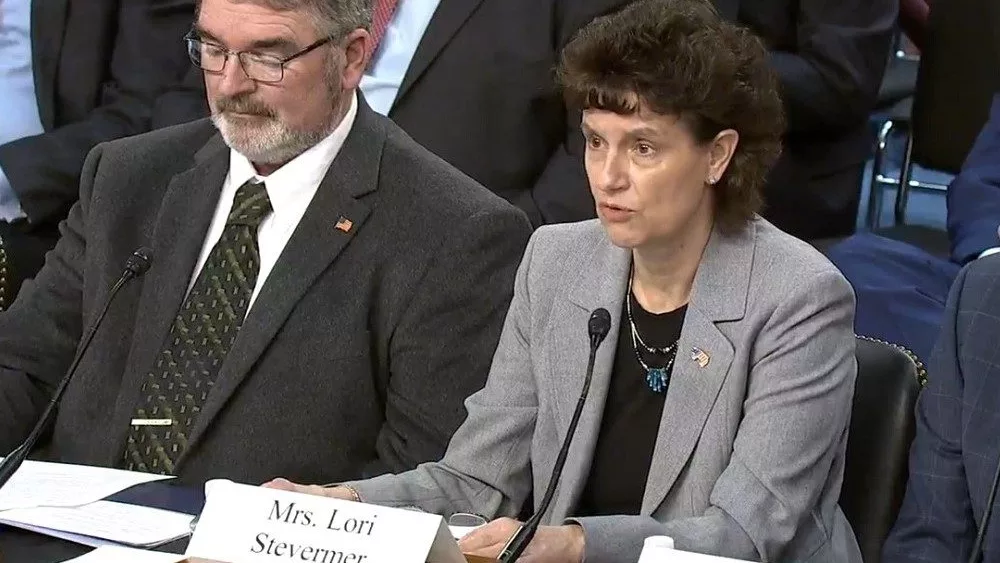
Most people don’t like bugs, and understandably so. They can be annoying, dirty, and can carry harmful diseases. But not all bugs are bad. Some can be very benefit to the farm like the dung beetle.
Dung beetles take feces of livestock and wild animals and recycle it by either consuming it or burying it, which is beneficial to the soil.
“They’re really good at cleaning up dung and recycling those nutrients to be sure that that doesn’t just run off in the rain. Those nutrients are put back in the soil,” according to Peter Willadsen, who is an expect on insects and PhD student in Entomology at Kansas State University. “[Dung beetles are] also really good at turning over and aerating the soil and [they’re] really good at stimulating healthy pasture growth.”
Willadsen says that some chemical applications can be harmful to the dung beetle and shouldn’t be used.
“There are some chemicals that are a little more friendly [such as] moxidectin, if you’re looking for dewormers, is a little less harsh on the beetles, so that’s a good choice if you’re trying to stimulate a good beetle population,” says Willadsen.
“Beetles are also most active in the warmer months, and so if you can time out your treatments in the winter or when it’s a bit cooler, the beetles will be less active and just won’t be hit as hard if they’re not actually visiting the dung when those chemicals are being passed through the system and released in the poop.”
Willadsen says if you must apply chemicals to your fields during the summer, he says its best to rotate out the cattle during application.

“Keep your cattle in one pasture while the treatment is going through and depending pending on the treatment, that will often take three weeks or so. All of those chemicals will just hit the beetles in that one pasture, and so if you rotate around, you’ll still have healthy beetle populations in other places. That can also be really good if you do need to treat for flies, you can hit those fly populations that are found the cattle around and then move them to a pasture which has a healthy beetle population and they can really help to outcompete the flies that are still around after treatment.”
Overall, Willadsen feels that the dung beetle really gets a bad rap.
“People aren’t too excited to share that they’ve got dung beetles or hear what they’re doing, but they’re really great to see on your farm and I just think it be great if people have a good appreciation for how helpful these these creatures really are.”
Click BELOW to hear C.J. Miller’s report on the benefits of dung beetles.

Source: NAFB




